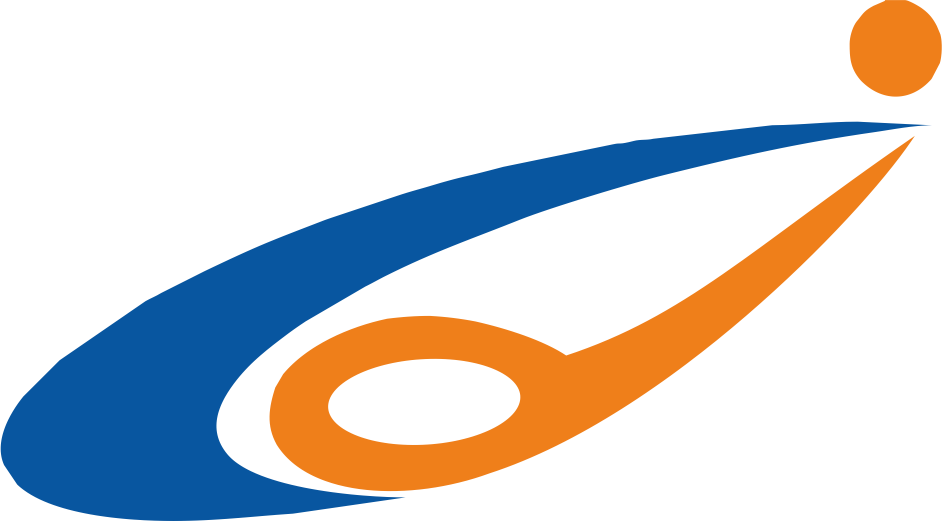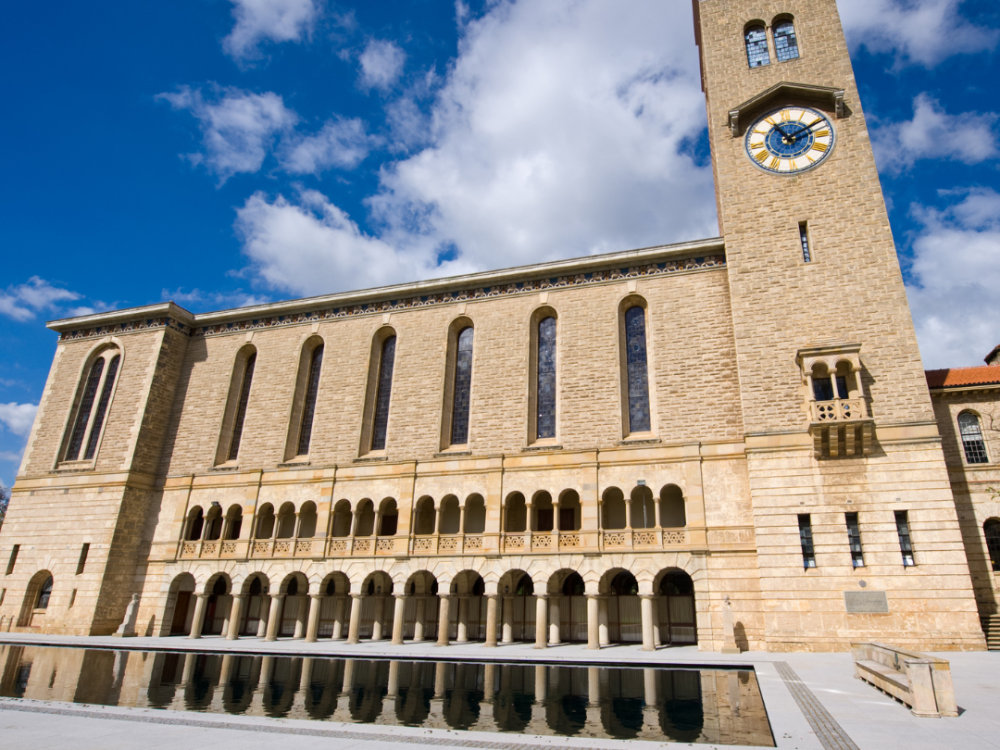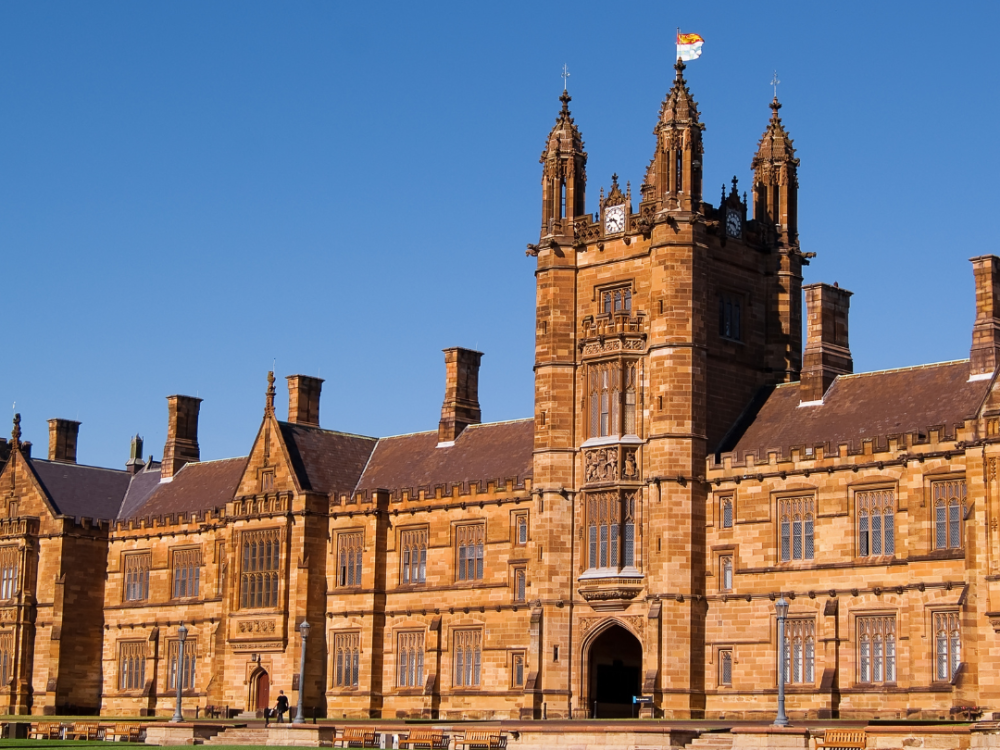
COSMOS EDUCATION
Education | Immigration | Internship
Location
101, 102, White House Building, S.V. Road, Andheri (W) Mumbai
Call Us
+91 869 100 8982

Education | Immigration | Internship
101, 102, White House Building, S.V. Road, Andheri (W) Mumbai
+91 869 100 8982
Australia is home to 6 of the world’s top 100 universities and welcomes over 700,000 international students each year. With globally recognized degrees, cutting-edge research, and strong industry ties, Australian universities offer excellent career prospects.
Top institutions like The University of Melbourne, Australian National University, and The University of Sydney provide diverse programs in fields like engineering, business, IT, and healthcare. Students can also benefit from post-study work opportunities and scholarships to support their education.
Beyond academics, Australia offers a safe, multicultural environment and stunning landscapes, making it a top choice for students worldwide.

Australia offers an exciting and enriching student experience, with over 700,000 international students enjoying world-class education, vibrant cities, and a welcoming multicultural society.
Students benefit from modern campuses, state-of-the-art facilities, and strong support services at top universities like The University of Melbourne, Australian National University, and The University of Sydney. Many institutions also provide student clubs, cultural events, and networking opportunities to enhance both academic and social life.
Beyond studies, Australia’s safe cities, beautiful beaches, and diverse food scene make it a fantastic place to live. International students can work up to 24 hours per week during studies and full-time during holidays, helping with living expenses while gaining work experience.
With a perfect mix of education, career opportunities, and lifestyle, Australia is a top choice for students worldwide.
The cost of living in Australia varies by city, but on average, international students need around AUD 1,500 to AUD 2,500 per month to cover expenses like accommodation, food, transport, and entertainment.
Here’s a breakdown of estimated monthly costs:
Living costs are higher in cities like Sydney and Melbourne compared to Adelaide, Brisbane, or Perth. However, students can work up to 24 hours per week during semesters to help cover expenses. Scholarships and affordable student accommodations are also available to manage costs effectively.
Planning ahead and budgeting wisely can make studying in Australia a smooth and enjoyable experience!
Australia offers a range of study pathways to accommodate students at different academic levels and career aspirations. Whether you are looking to start your undergraduate journey, gain industry-specific skills, or prepare for university entry, there are multiple options available.
Duration: 3–4 years
Overview: A bachelor’s degree is the most common undergraduate qualification, designed to provide students with in-depth knowledge and skills in their chosen field. It serves as the foundation for career opportunities or further study through postgraduate programs.
Eligibility Requirements:
Master’s Degree
PhD (Doctoral Programs)
Eligibility Requirements:
Duration: 6 months – 2 years
Overview: VET courses are designed to equip students with practical skills and industry-specific knowledge. These programs are offered by TAFE institutes and private colleges, focusing on hands-on training for immediate career opportunities.
Eligibility Requirements:
Duration: 6 months – 1 year
Overview: Foundation and bridging programs help students who do not meet the direct entry requirements for a bachelor’s or master’s degree. These programs improve academic and language skills to ensure a smooth transition to university education.
Types of Programs:
Australia offers a diverse range of courses across various disciplines, attracting students from all over the world. Tuition fees vary based on the level of study, course type, and institution.
Undergraduate Courses
Postgraduate Courses
Vocational Education & Training (VET) Courses
Medicine & Dentistry
Public vs. Private Universities
Scholarships and financial aid options are available for eligible students, helping to reduce costs. Choosing the right course depends on career goals, budget, and preferred university.
Australia is home to several student-friendly cities, offering world-class education, vibrant lifestyles, and excellent career opportunities. Here are the top cities for international students:
Melbourne
Sydney
Brisbane
Adelaide
Perth
Each of these cities provides unique benefits, making Australia an attractive destination for students worldwide. Choosing the right city depends on factors like university preference, budget, and lifestyle goals.
To study in Australia, international students must apply for a Student Visa (Subclass 500), which allows them to stay for the duration of their course.
Key Requirements:
Visa Cost & Processing Time:
The Student Visa (Subclass 500) allows students to work up to 24 hours per week during their studies and full-time during official breaks.
For the latest updates, visit the Australian Department of Home Affairs website.
Australia offers excellent work opportunities for international students, allowing them to gain experience and support their living expenses while studying.
With a strong job market and flexible work options, Australia provides international students with valuable career-building opportunities!


Australia’s education system is globally recognized for its high academic standards, research excellence, and industry-focused learning.
With a strong focus on innovation and career development, Australia remains a top destination for international students.






These are the top research-intensive universities in Australia, known for their strong academic reputation and global rankings.
These universities focus on innovation, industry collaboration, and applied research.
This group focuses on research and innovation in emerging fields.
These universities focus on serving regional and rural communities in Australia.
These universities do not belong to any specific group but still offer quality education.
Test-Prep
TOEFL
SELT
Internship/Jobs
Call us on: +91 86910 08982
(Between 8AM to 6PM)
Mail us on: visa@cosmoseducation.in